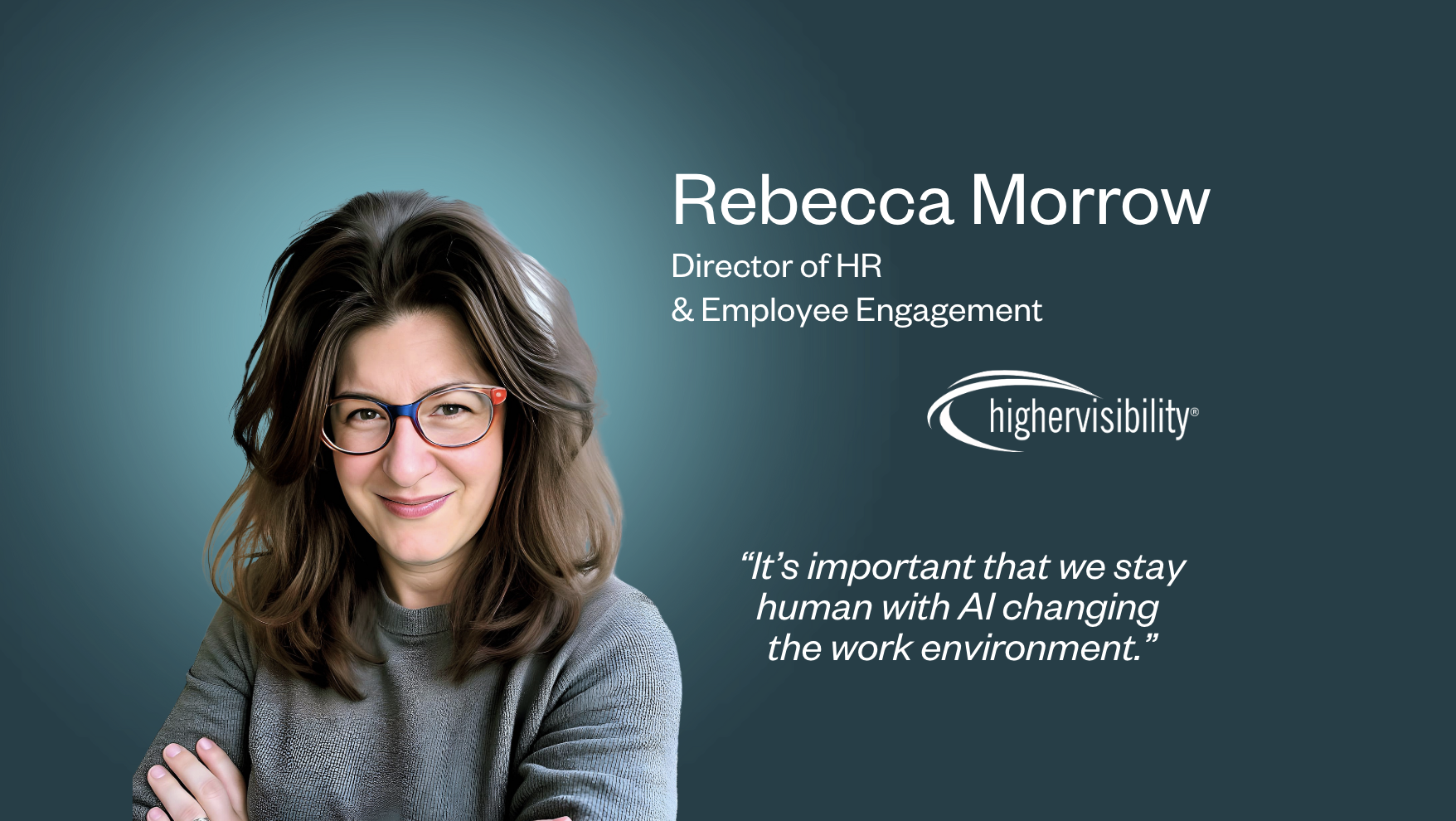There’s been a lot of hype about Gen Z. As they join the world of work, they are questioning existing norms and resetting expectations. What does this mean for the future of work?
Even if we may not always want to admit it, each generation has different priorities and expectations that feel disruptive to prior generations. This disruption has the potential to make us all better. Instead of criticizing each new generation, we can ask ourselves how to leverage and how to learn from them.
Let’s first look at what is top of mind for Gen Zs when it comes to their career:
- They lean on values when making career decisions: 49% of Gen Zs are guided by their personal ethics when choosing the work they want to do and the companies they want to work for.
- Wellbeing needs to be the norm, not a perk: Nearly half of the young adults have experienced a decline in their mental health during the pandemic, impacting their ability to interact and relate with others. 66% of Gen Zs want a culture that considers mental health and wellness.
- Diversity, Equity, Inclusion and Belonging (DEIB) are front and centre: Gen Zs are the most diverse generation yet: 48% of Gen Zs are non-white and 1 in 5 Gen Z adult identifies as part of the LGBTQI+ community in the US.
- Career development is a priority: 76% of Gen Zs believe that learning is key for a successful career and is one of the top two reasons they would choose to stay with their current company.
How can companies build a positive work environment that supports the needs and expectations of their young talent?
Set your new hires up for success: According to Gallup’s onboarding report, employees who have a positive onboarding experience are 2.6x more likely to feel satisfied with their workplace and to stay. One way to effectively onboard your Gen Zs is by connecting them to a buddy, coach and/or mentor during their first year. This helps new employees integrate into the culture of the company.
Provide engaging learning & development opportunities: Gen Zs are in the early stages of their careers and are eager to learn. 43% of Gen Zs prefer a self-directed and independent approach to learning. They want something that supports them based on their personal situation and goals. Providing personalized development resources has a higher impact.
Find ways to connect: With many having to work from home during the pandemic as they were starting their career, it is not surprising that this generation is feeling disconnected. Working remotely can limit opportunities for team bonding and professional development. To mitigate that, you can organize networking events that allow Gen Zs to build their professional network.
Take a bottom-up approach to culture: 32% of Gen Zs complain that decisions are top-down and companies often fail to act on feedback. Gen Zs want workplaces to be inclusive and want to have more agency in shaping culture. To be more inclusive and drive a sense of belonging, listen to your employees across all levels, and take steps to act on their feedback.
Support their wellbeing: Fostering wellbeing at work goes beyond one-off initiatives, programs or policies. Companies should provide support that helps their people bring their healthiest self at work. This could mean having flexible working policies, which 77% of Gen Zs prefer.
Gen Zs are paving the way for change. They want to do work that is meaningful, at a company that makes a difference and provides them with a positive environment where they can thrive. By being empathetic to their needs and priorities, companies stand to benefit from Gen Zs’ fresh perspective and new and innovative ways of working.



